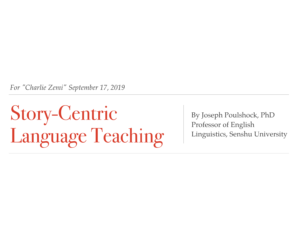
We can find many explanations of extensive reading online. Some are good; some are long; some are hard; and some are wrong. Because there are so many explanations of extensive reading, at ReadOasis we wanted to publish one in English that stands out as unique.
We wrote the clearest, simplest, and easiest explanation of extensive reading in the world.
We compared our “explainer” with 10 of the top online articles that explain extensive reading. We used 6 tests to compare our explainer with others.
- Flesch Reading Ease
- Flesch-Kincaid Grade
- Gunning Fog index
- Common European Framework of Reference (CEFR)
- The Writer’s Diet Test
- British National Corpus Vocabulary Levels
You can see the data comparison below. It shows that our story scored easier, simpler, and clearer on all 6 tests. In fact, the scores were not even close! Our story scores much easier and clearer than all the others. Yay clarity!
At the same time, we provide a simple and substantial answer to the question: What is extensive reading?
Click for data comparison.



